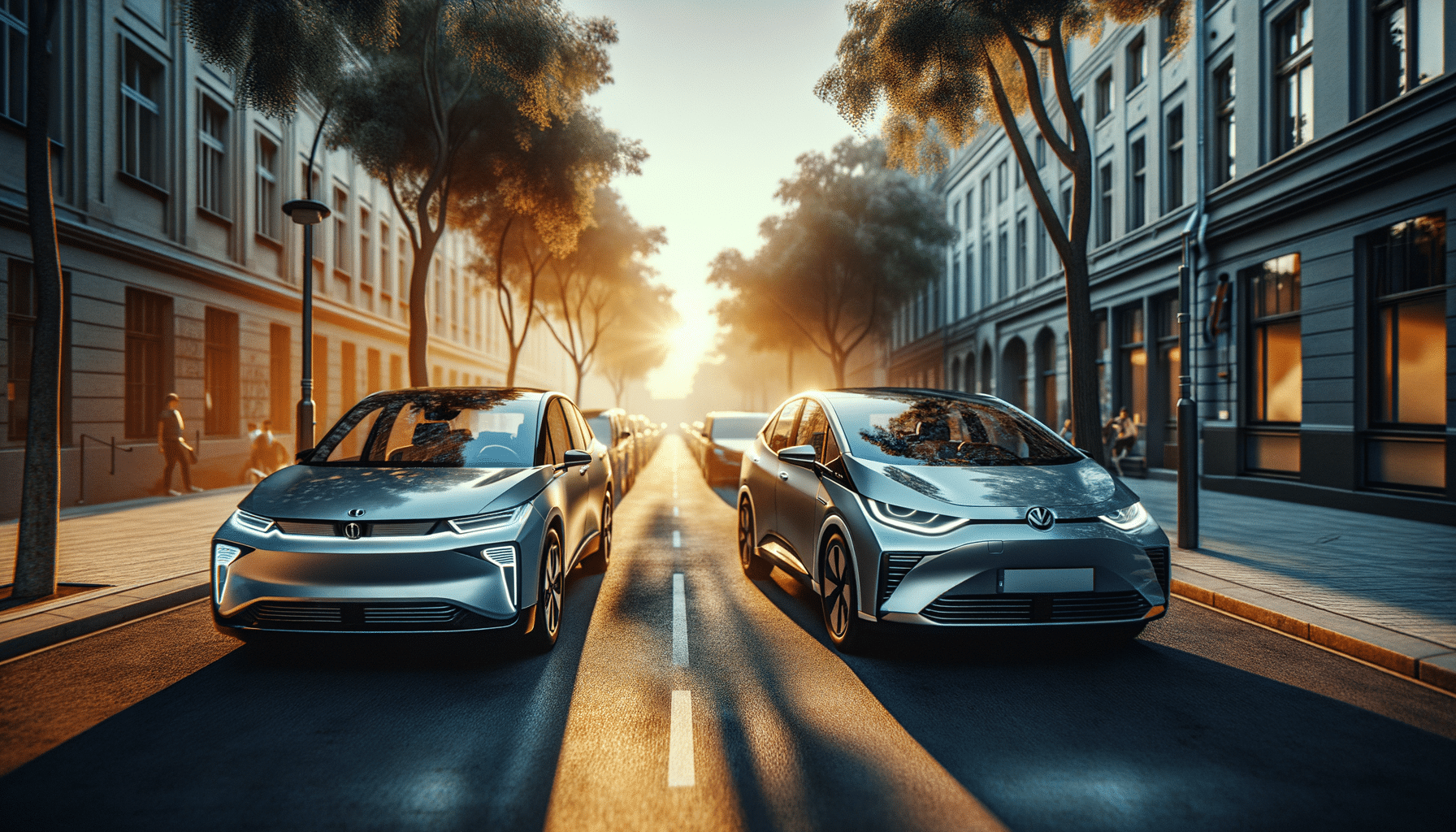
Hybrid vs. Gasoline Cars: A Comprehensive Comparison
Introduction to Hybrid and Gasoline Cars
The automotive world is evolving rapidly, with hybrid and gasoline cars leading the charge in modern transportation solutions. As consumers become more environmentally conscious and fuel prices fluctuate, the choice between these two types of vehicles becomes increasingly relevant. Understanding the differences between hybrid and gasoline cars can help potential buyers make informed decisions that align with their needs and values.
Hybrid cars, known for their combination of an internal combustion engine and an electric motor, promise improved fuel efficiency and reduced emissions. On the other hand, gasoline cars, which rely solely on traditional fuel, have been the backbone of the automotive industry for over a century. This article delves into various aspects of these vehicles, offering insights into their environmental impact, performance, cost, and more.
Environmental Impact
One of the most significant distinctions between hybrid and gasoline cars lies in their environmental footprint. Hybrid vehicles are designed to minimize emissions and improve fuel economy, making them a popular choice for eco-conscious drivers. By utilizing an electric motor alongside a traditional engine, hybrids can reduce carbon dioxide emissions significantly compared to their gasoline counterparts.
Gasoline cars, while continually improving in efficiency, still contribute more to air pollution due to their reliance on fossil fuels. The combustion process in gasoline engines releases a higher amount of greenhouse gases, which are major contributors to climate change. In contrast, hybrid cars often operate on electric power at lower speeds, cutting down on emissions during city driving.
For those prioritizing environmental sustainability, hybrid cars present a compelling option. However, it’s important to consider the source of electricity for charging hybrid batteries, as this can also impact the overall environmental benefits.
Performance and Driving Experience
When it comes to performance, hybrid and gasoline cars offer distinct driving experiences. Gasoline cars are known for their robust power delivery and are often favored by driving enthusiasts seeking high performance. The internal combustion engine provides a consistent power output, making these cars suitable for long-distance travel and high-speed driving.
Hybrid cars, however, offer a unique driving experience characterized by smooth acceleration and quieter operation. The combination of electric and gasoline power can provide a balanced performance, especially in urban settings. Many hybrids feature regenerative braking systems that capture energy during braking, enhancing efficiency and performance.
While gasoline cars might appeal to those seeking traditional driving dynamics, hybrids offer a modern approach with the advantage of reduced fuel consumption and emissions. Ultimately, the choice between the two depends on individual preferences and driving habits.
Cost and Maintenance
Cost considerations play a crucial role in the decision-making process between hybrid and gasoline cars. Initially, hybrid vehicles tend to have a higher purchase price due to the complex technology involved. However, they often offer savings over time through reduced fuel consumption and potential tax incentives.
Gasoline cars typically have lower upfront costs, making them more accessible to a broader range of consumers. Maintenance for gasoline vehicles is generally straightforward, with a well-established network of service centers. However, rising fuel prices can increase the overall cost of ownership.
Hybrids, while potentially more expensive to maintain due to battery and electric motor components, can offset these costs with their fuel efficiency. For budget-conscious buyers, it’s essential to weigh the long-term savings of owning a hybrid against the lower initial investment of a gasoline car.
Conclusion: Making the Right Choice
Choosing between a hybrid and a gasoline car involves careful consideration of various factors, including environmental impact, performance, cost, and personal driving preferences. Hybrid vehicles offer a sustainable alternative with their reduced emissions and improved fuel economy, appealing to those prioritizing environmental concerns.
Gasoline cars, while more traditional, continue to provide reliable performance and are often more affordable upfront. They remain a viable option for drivers who value power and ease of maintenance.
Ultimately, the decision should align with individual needs and values. Whether opting for the innovative technology of a hybrid or the classic reliability of a gasoline car, both choices have their merits in today’s diverse automotive landscape.


